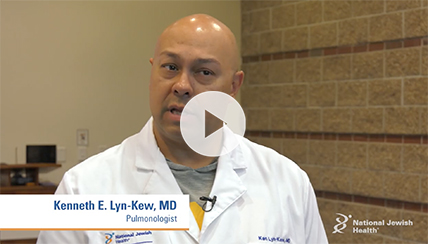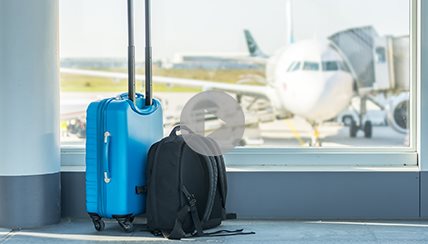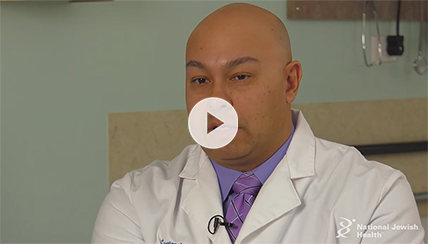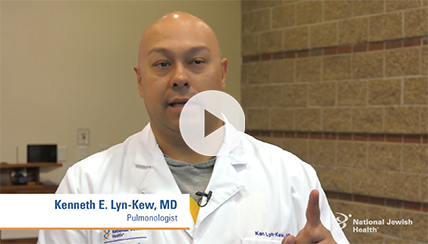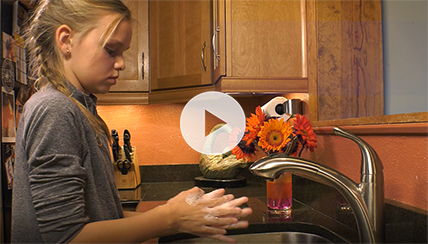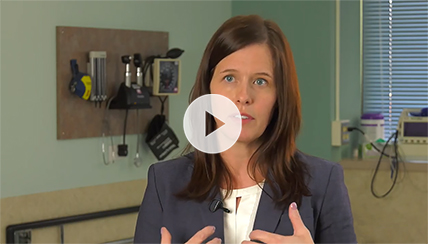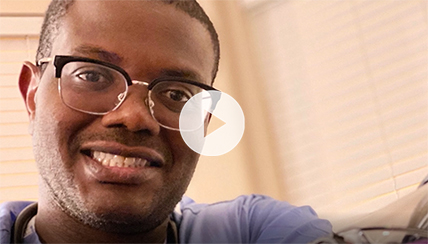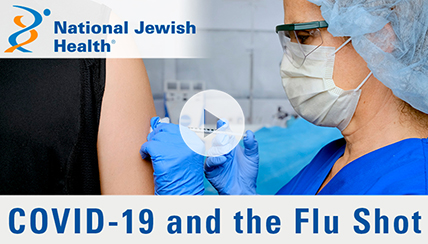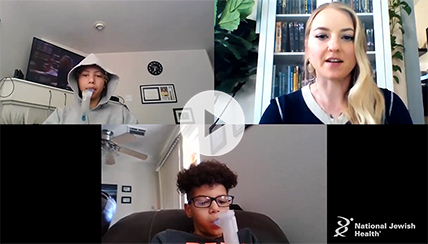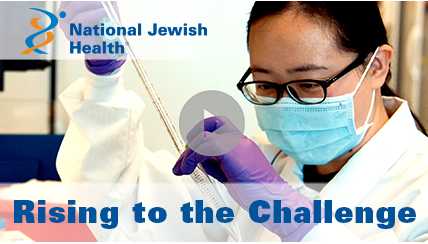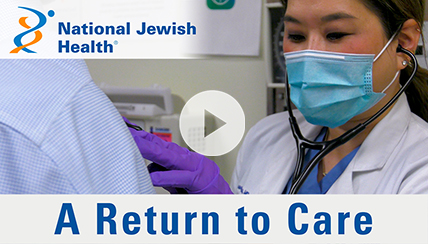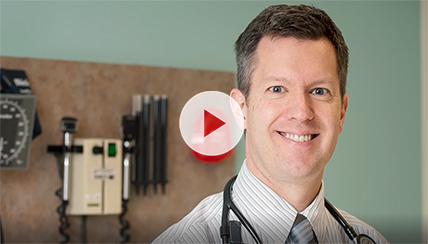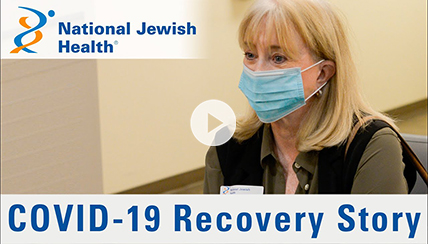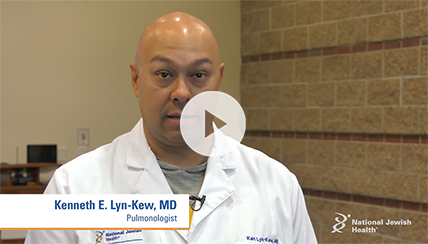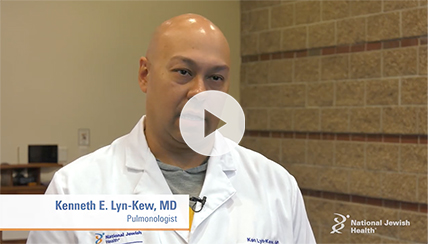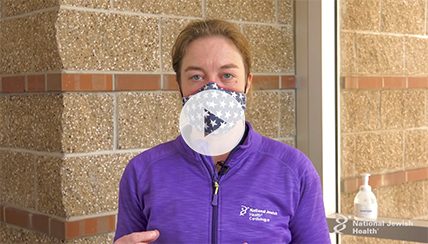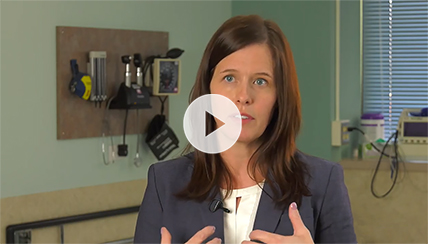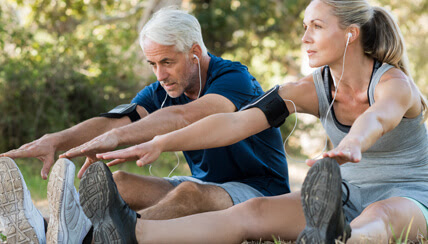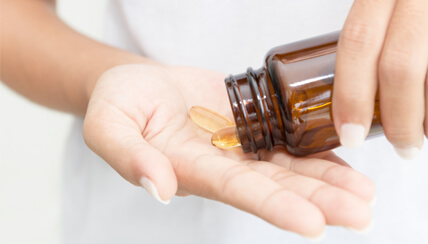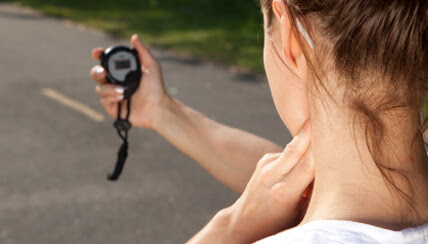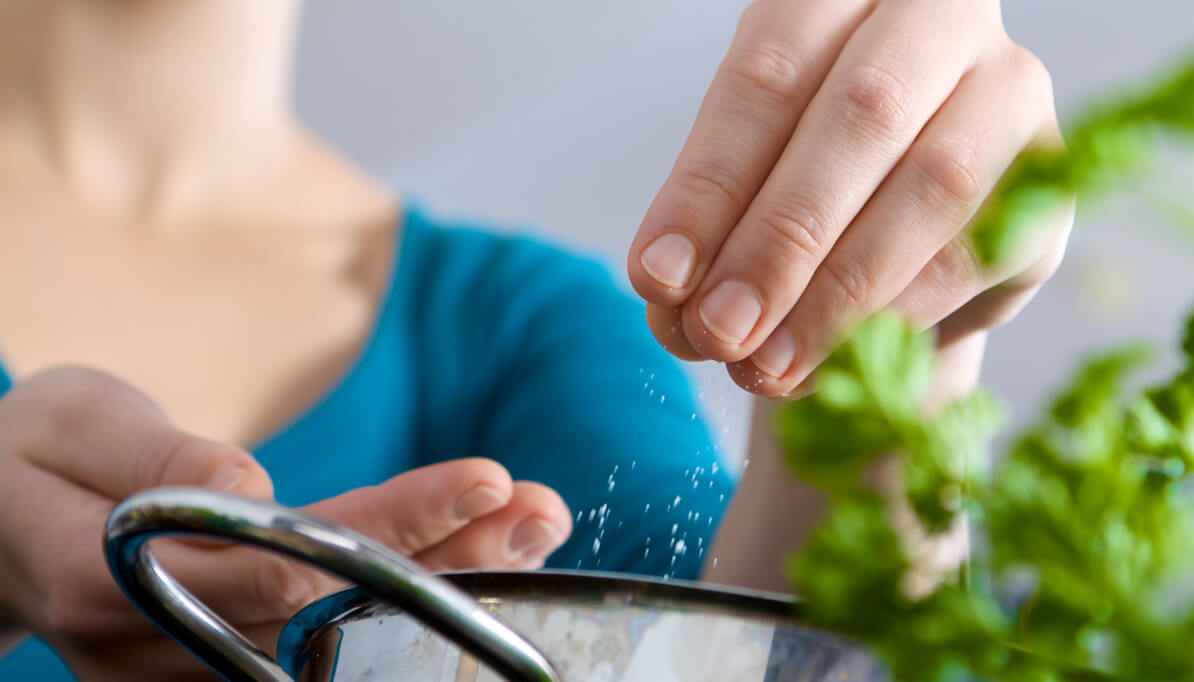Helping Patients Improve After COVID-19
Patient Cathy Braiman is 71 years old and shares how she is recovering from COVID-19 with the help of the National Jewish Health Respiratory Recovery Clinic. Pulmonologist Nir Goldstein, MD, explains how the body’s organs can be affected even after the virus has left the body and how our special clinic helps patients.
Watch the video to learn more.
Transcript
Cathy Braiman: My daughter was very, very worried. I have some underlying health issues with asthma and I'm 71, and that doesn't help. It was worrisome because all the news was talking about all the people that were dying. It's been a few weeks now that I'm better but honestly, my breathing isn't back to where it had been. If I'm taking a walk, I have to stop sometimes and just catch my breath. Having to face that my lungs were damaged and that was hard.
Nir M. Goldstein, MD: The virus may be out of their system, but that does not mean that their organs have returned to normal function. People have persistent cough or shortness of breath, chest discomfort, reduced effort tolerance, and exercise capacity.
Cathy Braiman: I struggled to breathe if I asked my body to do anything strenuous, like playing golf. So it's hard.
Nir M. Goldstein, MD: The virus also takes other organs, hearts, kidneys, coagulative, immunologic systems. And we want to be able to define, assess, and follow those over time. The purpose of the Respiratory Recovery Clinic is to develop a more formalized way to go through all of these issues so that they can all be addressed. And luckily we have the ability to do that. So we have really experts in all of these areas and fields, and then we together in a multidisciplinary way, tackle those problems.
Cathy Braiman: My goal is to be able to breathe better. It's really to be able to live your life.
Related Videos
Related Health Insights and News
Want to use this on your website? Fill out the content usage request form and then copy this code: https://youtu.be/OleILqkHXb0

